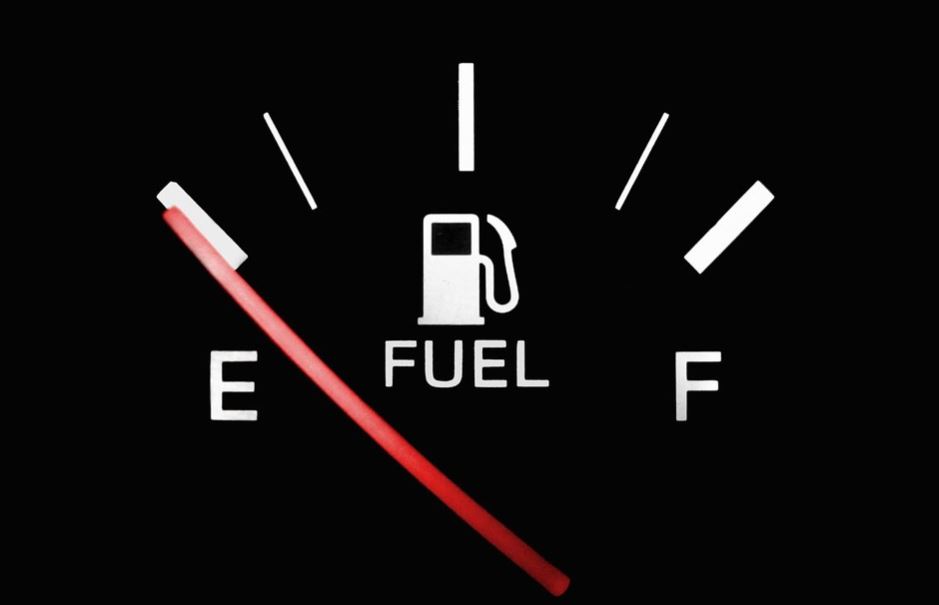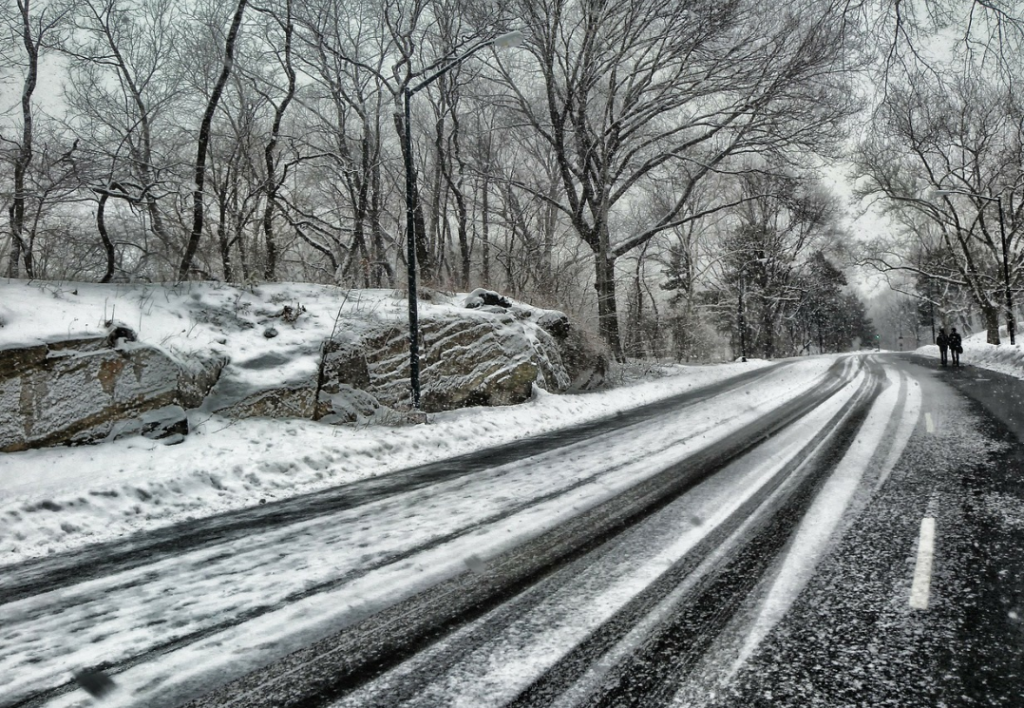
As the prices of gas remain high, knowing how to extend the gas mileage of your car is crucial. Through stretching your gas tank further, you may reduce the times you should fill up every month, which may help you stick to your set budget. It’s important for people who bought non-efficient cars when the prices of gas were cheaper. However, no matter what type of car you’re driving, you may always use extra money every month and cut back your gas expenses, which is a good way to save more money.
To increase your gas mileage, keep these following tips in mind:
Inflate Your Car’s Tires Properly
Under-inflated tires may result to using more gas as your car moves. See to it that your tires are inflated to the indicated pressure in the user’s manual for best balance between traction and gas mileage. This would translate to significant savings as under-inflated tire may cost you 5 MPG or more.
Get Rid of the Excess Weight
You would be surprised on how much all the junk in the trunk of your car may weigh. If your car features a front-wheel drive, putting more weight on rear axle may mean that the front wheels are not getting as great grip as they must be. This reduces your car’s gas mileage. In addition to that, extra weight means that the engine should work a bit harder to move your car, which can also reduce gas mileage. If you are carrying lots of weight, lightening loads will help you get 1 or 2 miles more per gallon.
Replace Spark Plugs and Air Filter
Replacing spark plugs and air filter during a car checkup will not just help the car last longer, but also it may help the car’s engine burn gas in a more efficient manner. For many cars, it costs less than fifty dollars if you are comfortable with the DIY approach for car maintenance.
Use Only the Recommended Motor Oil
Never think that using old kind of motor oil would work for your car. The reason behind it is that its engine is made to work best with a particular type of motor oil. If you are using a heavier weight oil, it might cause too much friction, which may result to engine working hard and burning more fuel. So, check the user’s manual of your car and know what specific oil to use.
Check the Gas Cap Seal
Rubber seal on gas cap would break down in the long run, which will enable oxygen to leak in the gas tank. Due to this, it will cause too much air in your engine and would pull gas from the tank, which will burn more gas.
Drive Below or at the Required Speed Limit
If you want to improve your car’s gas mileage, make sure to pay attention to your speed limit. Driving slow saves you money and also may help prevent accidents on the road.
The Bottom Line
You do not need to go out and buy a new fuel-efficient or fuel-saving car to save on gas. There are lots of things you may do boost your gas mileage and using those tips above will surely help you enjoy savings, particularly if you drive several cars draining the monthly budget of your family. Remember to take your car for regular tune-ups and checkups as this will help you save a good deal of money. A car that does not run at optimum level may cost you a lot in the end.
This is a guest post from the repair pros at Tow Truck Palo Alto, CA.

